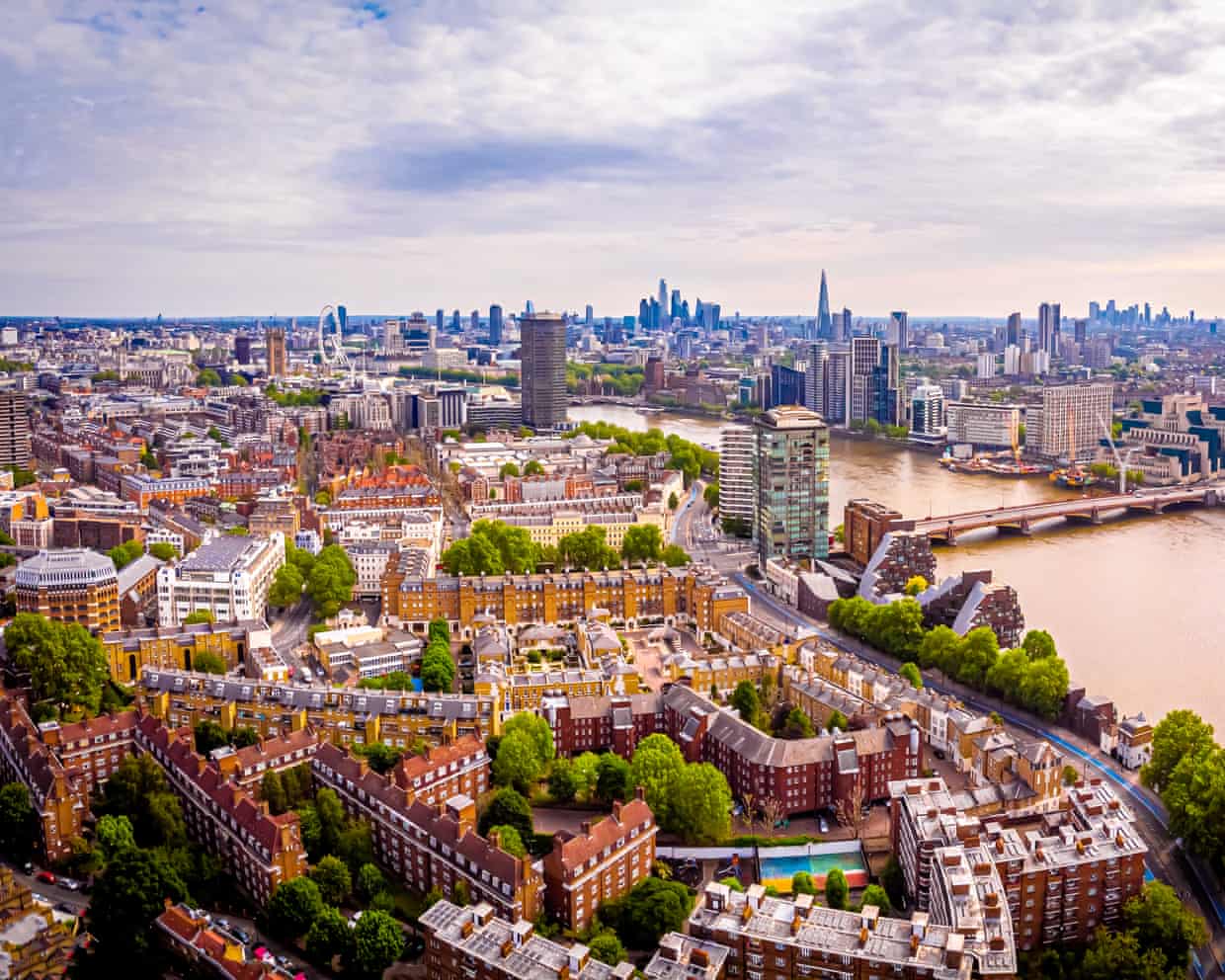According to a study, about 250,000 properties across England and Wales, collectively valued at £64 billion, are concealed behind opaque trust structures. This raises alarm over the potential use of these arrangements as a preferred method for money laundering by kleptocrats looking to shelter funds in the UK.
In August 2022, the government implemented a register to track properties owned through offshore entities, unveiling a list of previously unidentified owners, including prominent individuals like Lewis Hamilton and James Dyson. The register also identified sanctioned Russians, Gulf royals, and the Chinese government among those who hold UK assets through overseas companies.
However, the register still permits numerous property owners to remain anonymous by placing their assets under a trust or by having them registered to a company controlled by a trust.
Research by Transparency International indicates that at least 236,500 properties, worth no less than £64 billion, are hidden behind these elusive structures. The organization warned that this situation might enable affluent individuals with ties to corruption to shield their wealth.
Furthermore, Transparency International pointed to a government report suggesting that the use of trusts may obstruct the government’s ability to enforce sanctions on Russian individuals by facilitating the concealment and movement of their assets.
The organization is urging the government to plug the loopholes that allow for undisclosed ultimate ownership of properties managed through trusts.
Joe Powell, a Labour MP and chair of a cross-party parliamentary group focused on corruption and taxation, stated, “This research underscores that trusts have become the primary means for kleptocrats to obscure illicit riches from scrutiny.” He noted that in his constituency of Kensington and Chelsea in London, nearly 40% of properties owned by foreigners are held in trust. Powell remarked, “While the government has made commendable strides against corruption, trusts represent a major blind spot in the UK’s transparency efforts. There is a tangible risk that this loophole encourages continued obscure ownership and hampers anti-corruption initiatives. Addressing trust ownership would fill a crucial gap and support the government’s ambition to take a leading global stance on anti-corruption.”
Transparency International provided examples of problematic hidden structures, like a £61 million apartment in London tied to a Russian oligarch’s partner, which remains unfrozen by the Treasury, even though similar properties have been blocked in France.
Margot Mollat, a senior researcher at Transparency International, commented, “Trusts serve as an attractive option for those aiming to conceal assets, disguise questionable wealth, and circumvent sanctions. For the UK to establish itself as the global center for anti-corruption, it must confront the issues surrounding trusts.”
The government is currently seeking input on the potential for third-party access to the trust registration service, which is available to law enforcement agencies.
A spokesperson for the Treasury stated, “We have successfully frozen £25 billion in Russian assets and, in collaboration with our allies, have deprived Russia of over £300 billion—equivalent to four years of its military budget. We will continue to enforce our financial sanctions vigorously as part of our overarching response to Russia’s invasion of Ukraine.”

